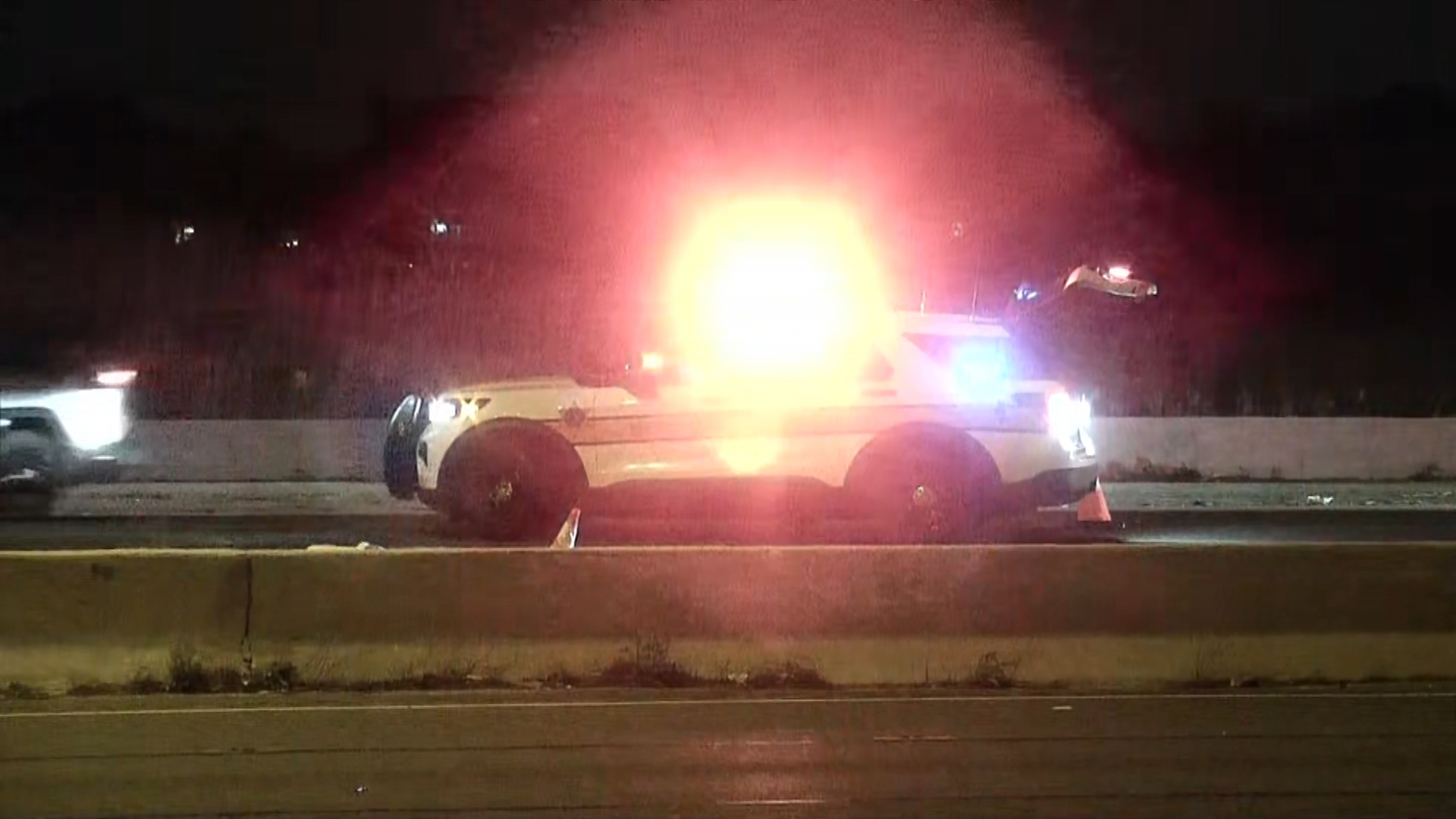The Biden administration has quietly scaled back eligibility rules for the its debt relief program, eliminating a relatively small group of borrowers nationwide.
In a reversal, new guidelines published to the Department of Education's website say that as of Thursday, borrowers with federal student loans not held by the Education Department "cannot obtain one-time debt relief by consolidating those loans into Direct Loans." The department previously said borrowers who consolidated privately held federal student debt, such as Federal Family Education Loans and Perkins Loans, into direct loans could qualify for forgiveness.
The change came on the same day officials from six Republican-led states sued to block the Biden administration from going forward with its student loan debt relief plan, accusing the administration of overstepping its executive powers.
It’s at least the second legal challenge this week to the sweeping proposal laid out by Biden in late August, when he said his administration would cancel up to $20,000 in education debt for huge numbers of borrowers. The announcement, after months of internal deliberations and pressure from liberal activists, became immediate political fodder ahead of the November midterms while fueling arguments from conservatives about legality.
Feeling out of the loop? We'll catch you up on the Chicago news you need to know. Sign up for the weekly Chicago Catch-Up newsletter here.
In the lawsuit, which was filed Thursday in a federal court in Missouri, the Republican states argue that Biden’s cancellation plan is “not remotely tailored to address the effects of the pandemic on federal student loan borrowers,” as required by the 2003 federal law that the administration is using as legal justification. They point out that Biden, in an interview with CBS’ “60 Minutes” this month, declared the COVID-19 pandemic over, yet is still using the ongoing health emergency to justify the wide-scale debt relief.
Biden’s forgiveness program will cancel $10,000 in student loan debt for those making less than $125,000 or households with less than $250,000 in income. Pell Grant recipients, who typically demonstrate more financial need, will get an additional $10,000 in debt forgiven.
In their lawsuit, the Republican attorneys general also contend that the forgiveness program violates the Administrative Procedure Act, which lays out how federal agencies should make regulations in order to ensure executive branch policies are well-reasoned and explained.
Local
“The president does not have the authority to put himself in the place of Congress,” Rutledge said in the interview. “These actions must be taken by Congress and he can’t override that.”
To justify the plan’s legality, the Biden administration is relying on a post-Sept. 11, 2001, law meant to help members of the military that the Justice Department says allows Biden to reduce or erase student loan debt during a national emergency. But Republicans argue the administration is misinterpreting the law because, in part, the pandemic no longer qualifies as a national emergency.
Republicans have also seized on the Biden plan’s price tag and its impact on the nation’s budget deficit. The Congressional Budget Office said this week that the program will cost about $400 billion over the next three decades. The White House countered that the CBO’s estimate of how much the plan will cost just in its first year, $21 billion, is lower than what the administration initially believed.



